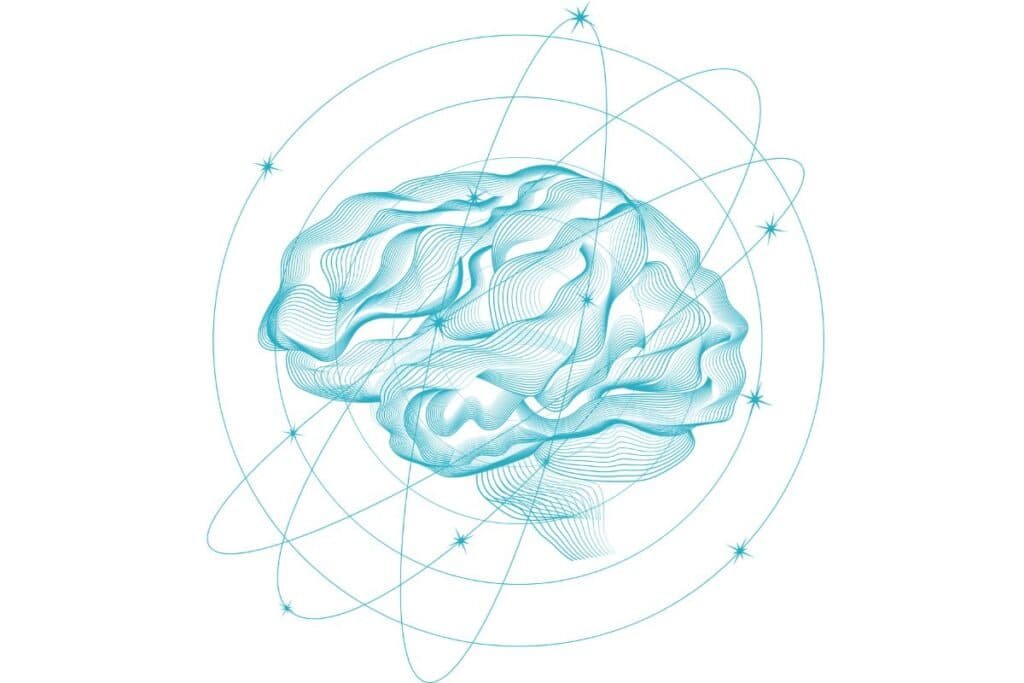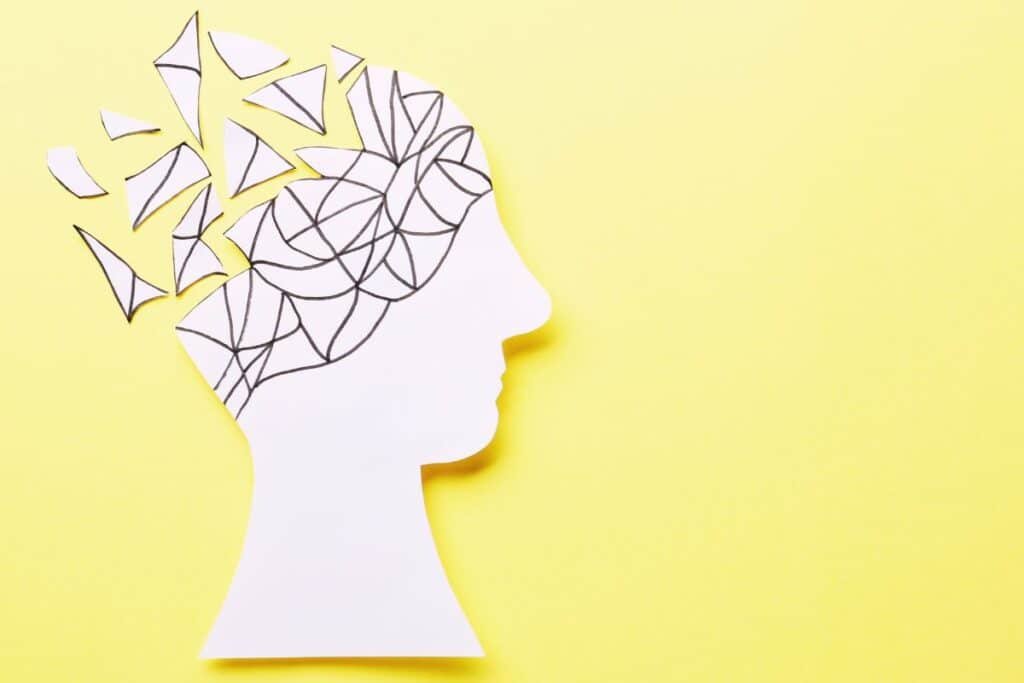We’ve already discussed in previous blog posts what grooming looks like and how challenging it is to identify.
But now we’re going to take this information one step further and make the link between being a victim of grooming and the effects that being subjected to these behaviours might have on the brain.
Regardless of the definition used for grooming, we can all agree that grooming is a deeply manipulative process where the perpetrator carefully and gradually gains the trust of their victim.
This manipulation has a profound effect on the brain, especially when it comes to how memories are stored and how the victim perceives reality.
During the grooming process, the brain can become conditioned to associate the perpetrator’s behaviour with positive feelings, making it difficult for you to recognise the abuse for what it truly is.
As a result, your memories of the abuse may be stored in a way that minimises its impact, or you may even believe that the abusive behaviour was a form of friendship, affection or love.
This altered perception can make it incredibly difficult for you to break free from the abuser’s control, as you may not fully understand or acknowledge that you are being manipulated.
When you eventually realise that you were groomed and that the relationship was not what you believed it to be, the emotional and psychological impact can be devastating.
This realisation can feel like a betrayal, not just by the perpetrator, but by your own brain, which had been tricked into believing a false reality.
You may struggle with feelings of shame, guilt, and confusion, wondering how you could have been so easily deceived. This can lead to a deep sense of mistrust, not only toward others but also toward yourself and your own judgment.
Difficulty Trusting Others
The long-term effects of grooming on the brain can be significant.
Because the brain was conditioned to accept and normalise the abusive behaviour, you may have difficulty forming healthy relationships in the future. You might find it hard to trust others or to feel safe in close relationships. The brain, having been rewired by the grooming process, may remain on high alert, constantly scanning for signs of danger or manipulation.
This heightened state of vigilance can lead to anxiety, hypervigilance, and even PTSD. You might also experience difficulties with emotional regulation, finding it hard to manage your feelings or reactions in certain situations.
Challenges with Self-Esteem and Self-Worth
Additionally, you may struggle with self-esteem and self-worth.
The realisation that the relationship was based on manipulation rather than genuine friendship, care or love can lead to a deep sense of worthlessness or inadequacy. You might question your own value and wonder if you are deserving of real, healthy relationships.
This can create a vicious cycle where you continue to find yourself in unhealthy or abusive relationships.
How Grooming Affects Cognitive Functioning
The impact on the brain goes beyond just emotional and psychological effects; it can also affect your cognitive functions.
The stress and trauma of realising you were groomed can impair the brain’s ability to concentrate, make decisions, and process information. The prefrontal cortex, which is responsible for these functions, may become less effective, leading to difficulties in daily life, work, or school.
The hippocampus, which is involved in memory, may also be affected, making it harder for you to remember details or focus on the present, as your mind may be preoccupied with the trauma you’ve endured.
These may sound extreme, but they’re certainly a reality for many victims of grooming.
Can The Brain Recover From the Effects of Grooming?
As you work through the trauma, you can learn to trust again, both in others and in yourself.
The brain, while it has been deeply affected by the grooming, is also capable of healing and forming new, healthier connections.
Over time, with the right support, you can regain control over your life and start to build relationships that are based on mutual respect, care, and love rather than manipulation and deceit.
This recovery is not a quick process and is impacted by a whole host of factors including being ready for the recovery process, finding the right process for you, cost and accessibility to services. And it’s important to note that not all recovery options are right for everyone. Equally, you might not want therapy at all and prefer to go on an explorative journey through journaling.
For others, therapies such as art therapy will resonate best. Some individuals will go for a mix of different recovery processes.
The important thing is that recovery is personal to you and your recovery journey will not be the same as someone else’s.
And that’s ok.
This post is adapted from a section of It's All Your Fault - due for release in 2025.



